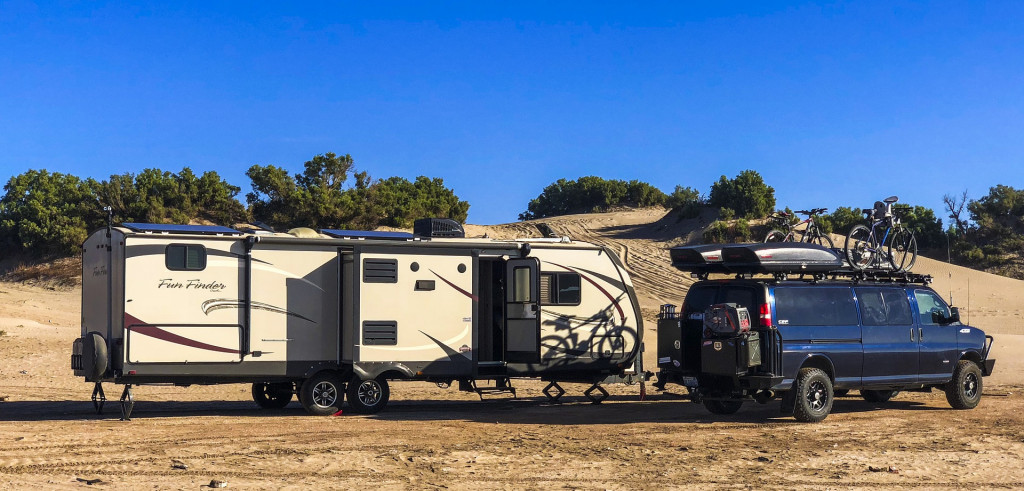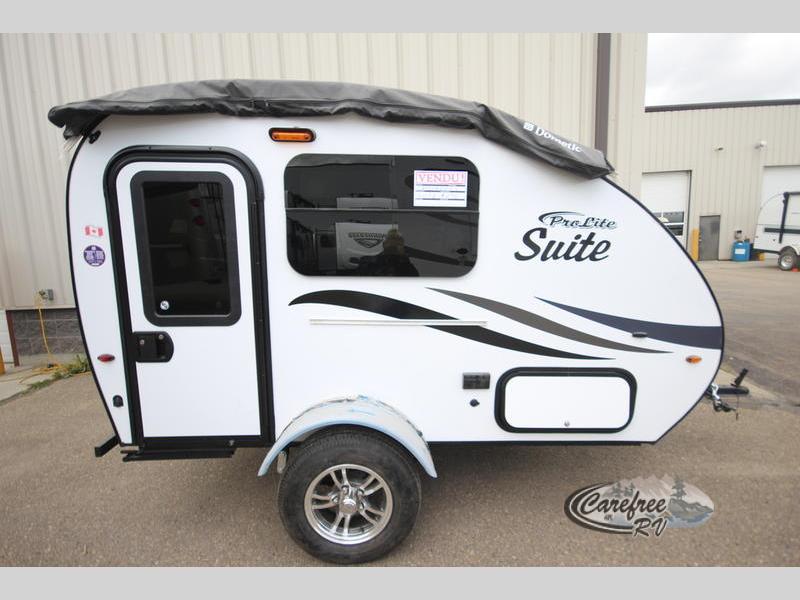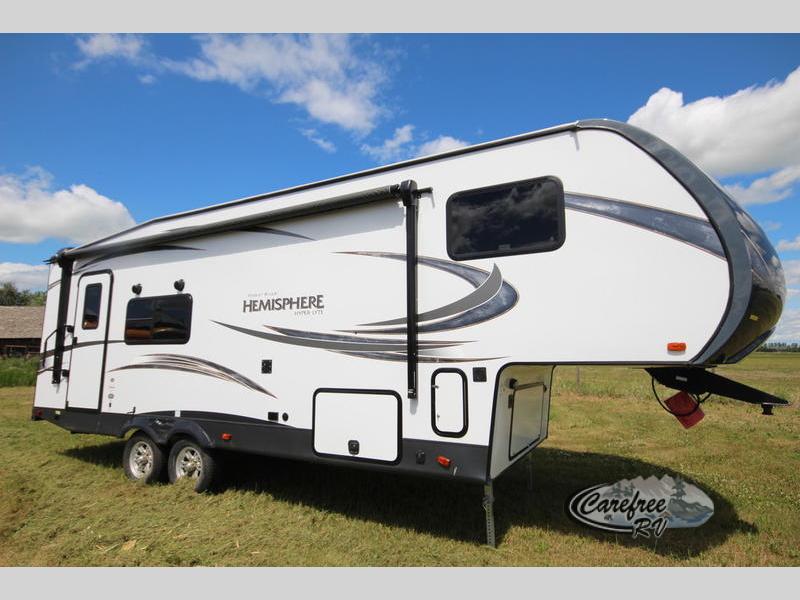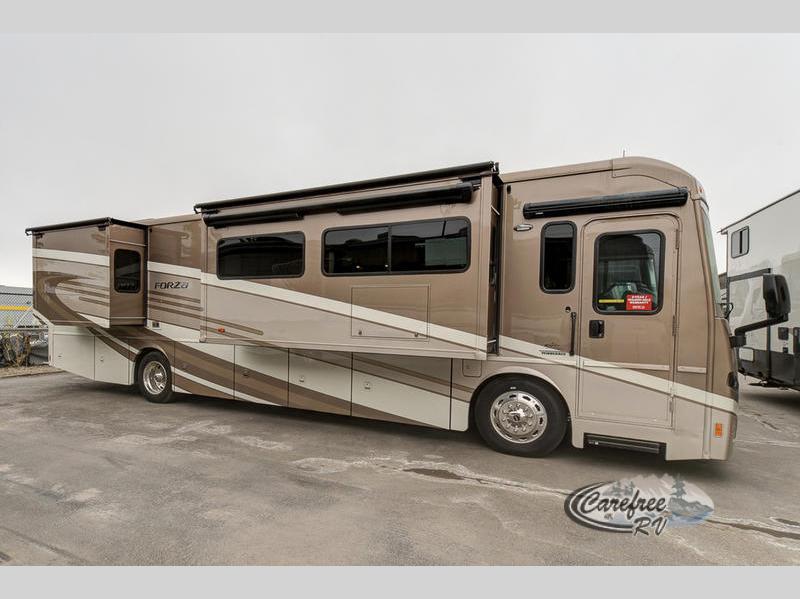When you’re looking to purchase a new fifth wheel or travel trailer, there are many things to consider from the type of RV you’d like to the towing capacity you’ll need on your main vehicle. We’ll show you some easy RV tips about your towing capacity to help keep you safe on and off the road! So, go ahead, get that Forest River Salem Hemisphere Hyper-Lyte fifth wheel from Carefree RV, and these RV tips will help ensure you have all the information you need for the proper towing vehicle.

Understanding the Types of Weights
There are many types of weights considered in the RV world, which can make it difficult to get a grasp on your exact towing capacity. Here is a brief overview of a few different types of weights.
- DW – Dry Weight is the actual weight of the tow vehicle or trailer as built at the factory. This weight does not include passengers, cargo, dealer-installed options, personal belongings, water or propane.
- GVWR – Gross Vehicle Weight Rating is the maximum permissible weight of the vehicle or trailer when fully loaded for travel. This includes the unloaded vehicle weight, all fluids, cargo, optional equipment and accessories. The tow vehicle and trailer each have their own GVWR.
- GCWR – Gross Combined Weight Rating is the maximum permissible combined weight of the tow vehicle and the trailer together when they are fully loaded for travel. This includes any liquids (water, propane, etc.) plus cargo and passengers.
- GVW – Gross Vehicle Weight: This is the actual weight of the tow vehicle when it is fully loaded including passengers, cargo, a full fuel tank and accessories like the hitch.
- GTW – Gross Trailer Weight: This is the actual weight of the fully loaded trailer including all options, cargo, personal belongings, food, water and propane.
- Tongue Weight: The tongue weight is the continual force the trailer tongue exerts on the fifth wheel hitch. Proper tongue weight is roughly 20 percent for fifth wheels.
For more information on towing weights visit Carefree RV.

Determining Your Towing Capacity
The easiest way to find your vehicle’s towing capacity is to visit our website and fill in your vehicle’s information. Towing an RV that is too heavy can do long-term damage and void the warranty of your vehicle and RV. For your safety and the safety of others on the road, make sure you talk to your dealer about what towing vehicle you need for the RV you’re purchasing.

Secondary Vehicles
Many RVers will choose to tow a secondary vehicle behind their motorhomes so that they are free to explore the surrounding areas around their destination without the need to bring the entire motorhome along. Your RV dealer can help you determine if your secondary vehicle is safe to tow behind you or if it exceeds the towing capacity. Most cars and SUVs will have acceptable towing weights, but it’s vital to check these measurements before you leave home.

Contact us today if you have any further questions about the towing capacity of your vehicle or motorhome. Our experts will gladly help you find the best combination of towing vehicle and RV to suit your needs.

